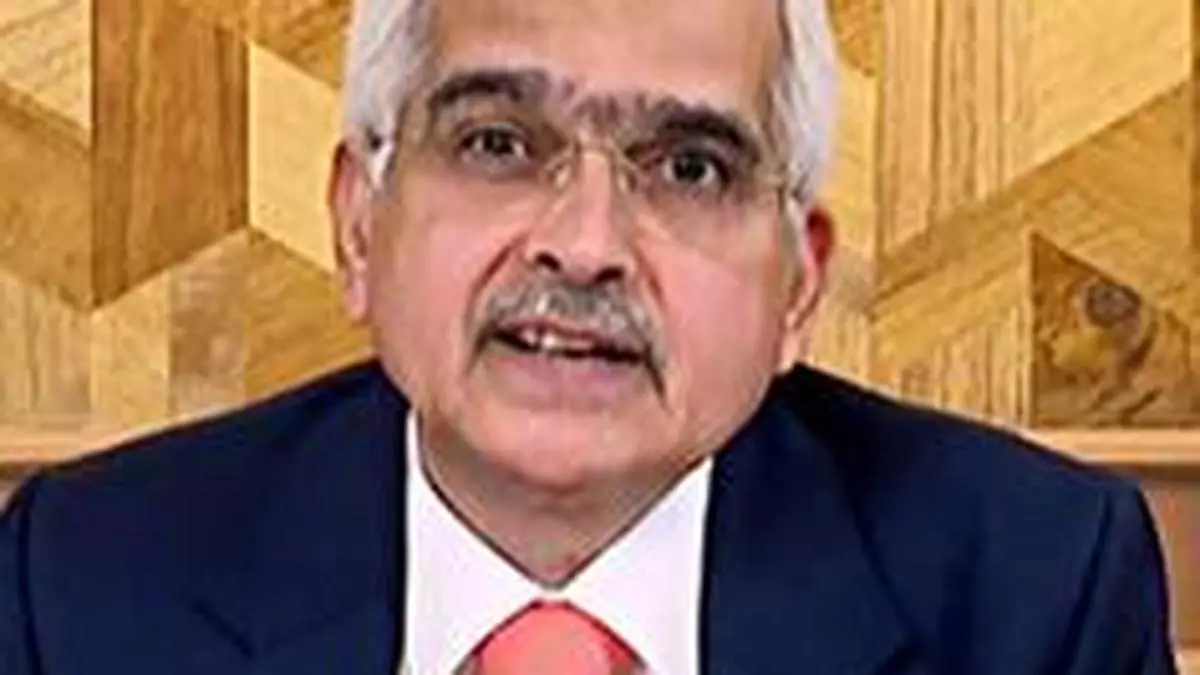Global monetary policy divergence likely to cause volatility in capital flows, exchange rates: RBI Governor
Reserve Bank of India (RBI) Governor Shaktikanta Das warned on Monday that divergence in global monetary policies could trigger exchange rate volatility.
He also advocated for expanding the Real Time Gross Settlement (RTGS) system to include the US Dollar, British Pound, and Euro.
Das addressed a high-level conference, ‘Central Banking at Crossroads’ here to mark 90 years of RBI.
The divergence in global monetary policies — ranging from monetary easing in some economies, tightening in a few, and pauses in several — could lead to volatility in capital flows and exchange rates, which may disrupt financial stability, he said.
He cited the sharp appreciation of the Japanese Yen in early August as an example, which triggered disruptive reversals in the Yen carry trade and unsettled financial markets worldwide.
Das’ remarks come at a time when, last month, the US Federal Reserve cut its policy interest rate by 50 basis points, while the Bank of Japan kept its interest rate unchanged, as did India’s Monetary Policy Committee.
Now, the European Central Bank (ECB) is expected to announce a 0.25 per cent rate
Meanwhile, Das also listed some other emerging risks to financial stability.
Private credit markets have expanded rapidly with limited regulation.
“They pose significant risks to financial stability, particularly since they have not been stress-tested in a downturn,” he said.
- Also read: Editorial. Behind the curve
Additionally, he noted that higher interest rates, aimed at curbing inflationary pressures, have increased debt servicing costs, fuelled financial market volatility, and posed risks to asset quality. Stretched asset valuations in some jurisdictions, he warned, could trigger contagion across financial markets, leading to further instability.
“The correction in commercial real estate (CRE) prices in some jurisdictions can put small and medium-sized banks under stress, given their large exposures to this sector. The interconnectedness between CRE, non-bank financial institutions (NBFIs), and the broader banking system amplifies these risks,” he added.
New Technology
Talking about changes brought through better use of technology, he said that India is one of the few large economies with a 24×7 real time gross settlement (RTGS) system.
“The feasibility of expanding RTGS to settle transactions in major trade currencies such as USD, EUR and GBP can be explored through bilateral or multilateral arrangements,” he said, adding that India and a few other economies have already commenced efforts to expand linkage of cross-border fast payment systems both in the bilateral and multilateral modes.
- Also read: MPC’s nuanced ‘wait and watch’ approach
Praising India’s digital public infrastructure (DPI), he highlighted that it has enabled the creation of high-quality digital financial products with significant potential for facilitating cross-border payments.
India is now home to the world’s third most vibrant startup ecosystem, with over 1.4 lakh recognised startups, more than a hundred unicorns, and over $150 billion in funding raised.
“India’s experience in DPI can be leveraged by other countries to improve and usher in a global digital revolution,” he said.
While digitalisation has accelerated financial services and improved efficiency globally, it also presents challenges for central banks. “In the modern world, with deep social media presence and vast access to online banking with money transfer happening in seconds, rumours and misinformation can spread very quickly and can cause liquidity stress. Banks have to remain alert in the social media space and also strengthen their liquidity buffers,” he added.
